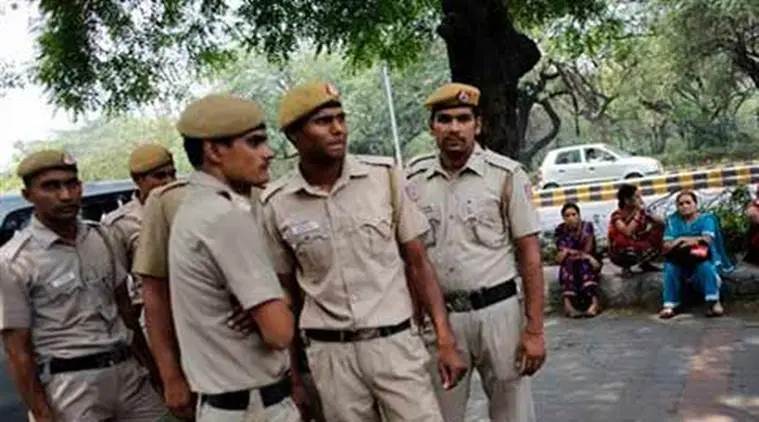 The case, probed by Pune City Police for over a year, was transferred to the NIA in January.
The case, probed by Pune City Police for over a year, was transferred to the NIA in January.
The Maharashtra government on Friday urged a special court in Pune to reject an application filed by the National Investigation Agency (NIA), seeking transfer of all the court documents and seized objects in the Elgaar Parishad case to the NIA special court in Mumbai.
District Government Pleader Ujjwala Pawar told the special court in Pune that the NIA’s application was “not legally tenable under the provision of law and particularly according to the provisions of the Unlawful Activities Prevention Act (UAPA) 1967 and NIA Act 2008”.
Pawar also claimed the probe agency had “not given legal and sufficient reasons for transferring the said proceedings to the special court NIA, Mumbai.”
Arguing before Special Judge S R Navandar, Pawar submitted that the offence in this case was committed within the local jurisdiction of the Pune court. “… the investigating authority, after completion of investigation, filed the chargesheet before this court and as such the matter is fixed for framing of the charges,” she said.
Pawar further cited a Supreme Court (SC) judgment in response to the petition filed by historian Romila Thapar, opposing the arrests of the accused in the case, in August last year. Pawar pointed out that the Supreme Court had held, “It is not a case of arrest because of mere dissenting views expressed or difference in the political ideology of the named accused, but concerning their link with the members of the banned organisation and its activities.”
She submitted that there was ample evidence against all the accused present before the court, as well as the absconding accused, and accused Gautam Navlakha and Anand Teltumbde, whose application seeking anticipatory bail is pending before the Bombay High Court.
Pawar submitted that provisions of UAPA, 1967 provided definition of the word court under section 2 (a) as “Criminal Court having jurisdiction under the Code to try offences under this Act and includes special courts constituted under section 11 or section 22 of NIA Act 2008.”
“… Section 11 of NIA Act 2008 provides powers of central government to constitute a special court for trial of scheduled offence. Section 13 of NIA Act further provides for jurisdiction of special court…. Section 22 (2) of the NIA Act empowers the state government to constitute one or more special court for trial of the offence under any or all the enactments specified in the scheduled offences…… Therefore, in view of the provisions for appointing of a special court to conduct the scheduled offences, the government of Maharashtra has established special courts….Taking into consideration the establishment of special court in Pune, the application filed by NIA for transferring of records to NIA court, Mumbai is required to be rejected,” Pawar submitted.
NIA’s counsel Namdev Taralgatti then presented his arguments seeking transfer of records to the NIA court in Mumbai.
Special Judge Navandar said he will pass an order on the NIA application on February 14.
Pawar’s argument came a day after defence lawyers Rohan Nahar, Siddharth Patil and Shahid Akhtar also sought rejection of the NIA application. They argued that the special court in Pune didn’t have the jurisdiction to decide on the NIA application, and the NIA should have moved the High Court with its plea.
During Friday’s hearing, the NIA lawyer also produced the case diary before the court.
Elgaar Parishad was an evening event organised at Shaniwar Wada on December 31, 2017, a day before the 200th anniversary of the Battle of Bhima Koregaon. Police have alleged that Elgaar Parishad was organised as per the plans of the CPI-Maoist, and with the banned outfit’s funds.
The case, probed by Pune City Police for over a year, was transferred to the NIA in January.